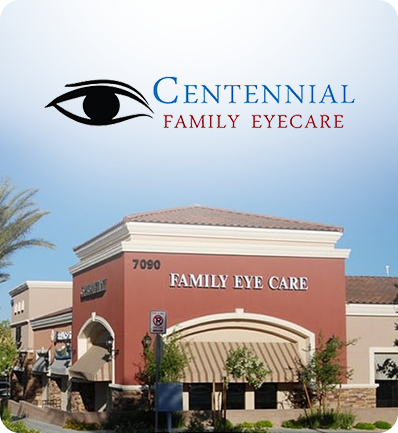
LASIK has become increasingly popular over the past few decades, thanks to its high success rate and quick recovery period. It's a safe, reliable, and efficient method for correcting a wide range of common vision problems. Most importantly, it offers a potentially life-changing benefit: freedom from dependence on glasses or contact lenses.
Understanding Laser Vision Correction
Laser vision correction is primarily used to treat refractive errors, which are vision problems caused by irregularities in the shape of the cornea or lens. These include myopia, hyperopia, and astigmatism.
At its core, LASIK is a two-step procedure. The first step involves creating a thin, circular "flap" on the cornea's surface, which is then folded back for the next step.
The second step involves the actual laser vision correction. A precise laser, known as an excimer laser, is used to reshape the cornea, the transparent front part of the eye. By altering the cornea's shape, the laser helps light entering the eye to be properly focused onto the retina for clearer vision.
The entire procedure is typically quick and painless, often taking less than 15 minutes for both eyes. Once completed, the corneal flap is then gently repositioned onto the underlying cornea without the need for stitches.
Are You a Suitable Candidate for LASIK?
As promising as LASIK sounds, it's not suitable for everyone. There are certain criteria that you must meet to be considered a good candidate for the procedure. Generally, you must be at least 18 years old, have a stable eye prescription for at least a year, and your corneas must be thick enough for the creation of the corneal flap.
You should also be free from any eye diseases such as glaucoma, cataracts, or any other condition that might affect healing. Systemic conditions like diabetes and autoimmune diseases may also affect your eligibility for LASIK.
Additionally, your expectations should be realistic. While LASIK has a high success rate, it's not a guarantee for perfect vision. Some people may still need to wear glasses or contacts for certain activities after the procedure.
Preparing for LASIK
If you believe you're a good candidate for LASIK, the next step is to consult with an optometrist. This is a crucial part of the process as they will perform a comprehensive eye exam to confirm your eligibility, discuss the procedure in detail, and answer any questions you may have.
During the consultation, your optometrist will evaluate your eye health, measure your corneal thickness, and assess your refractive errors. They will also inquire about your overall health and medication history. This information is vital in tailoring a laser vision correction treatment that best meets your unique needs.
Life After LASIK
After LASIK, your eyes may feel dry, and you may experience some discomfort, but these are temporary. Your doctor will provide you with specific post-operative care instructions, including using prescribed eye drops to prevent infection and inflammation and to keep your eyes moist.
As for vision expectations after LASIK, most individuals notice an improvement in their vision almost immediately. However, it may take several weeks for your vision to stabilize fully. Regular follow-up appointments with your optometrist will be essential to monitor your healing process and vision improvement.
Is LASIK Right for You?
The journey to better vision may seem daunting, but with the right knowledge and guidance, you'll be well-equipped to navigate the world of LASIK. It might just open your eyes to a whole new world of clear, unhindered vision.
For more information on LASIK or to determine if it is the right solution for your visual needs, schedule a consultation with our professionals at Centennial Family Eyecare at our Las Vegas or Henderson, Nevada offices. Call (702) 941-7800, (702) 803-2020, or (702) 299-6200 to book an appointment today.





